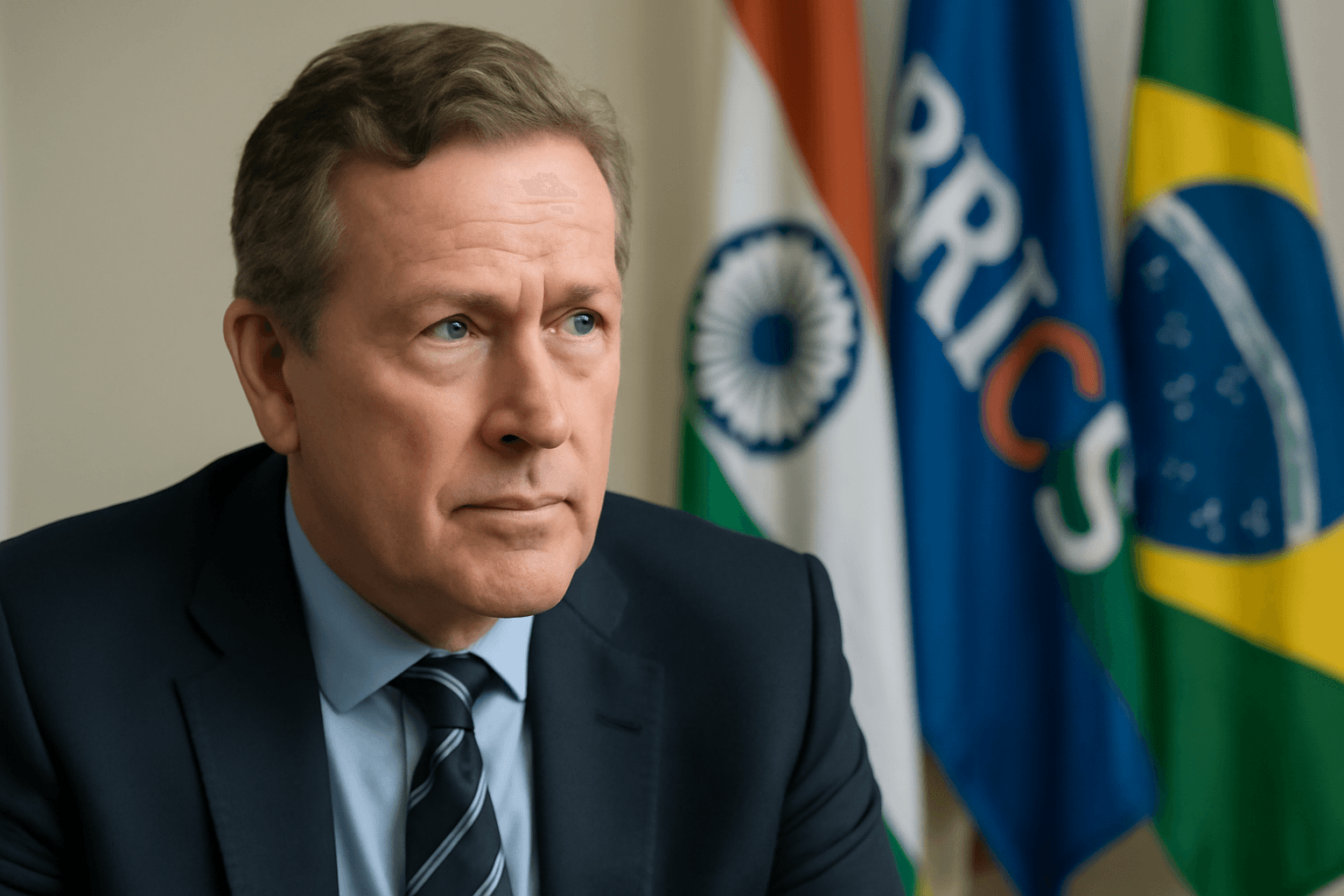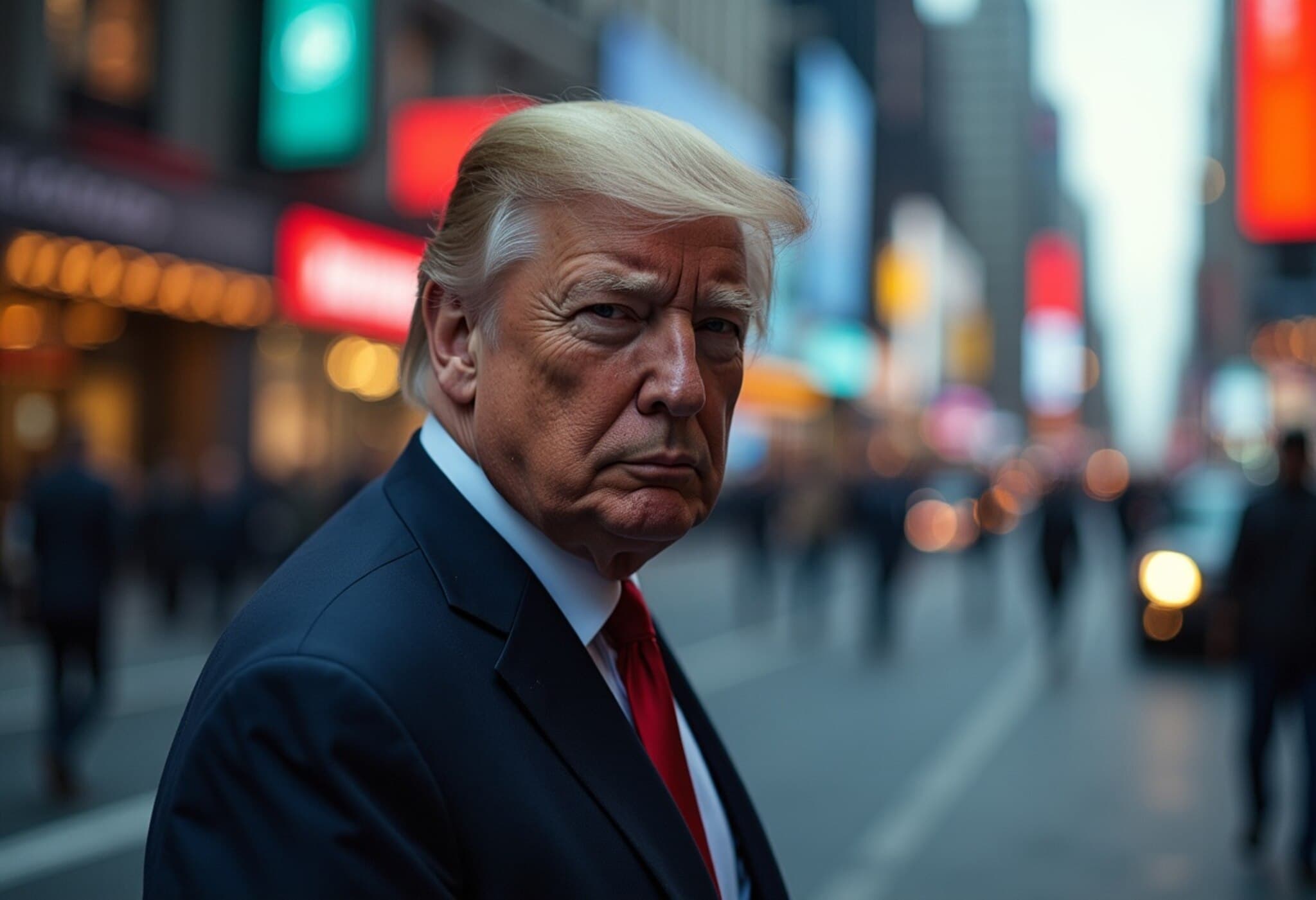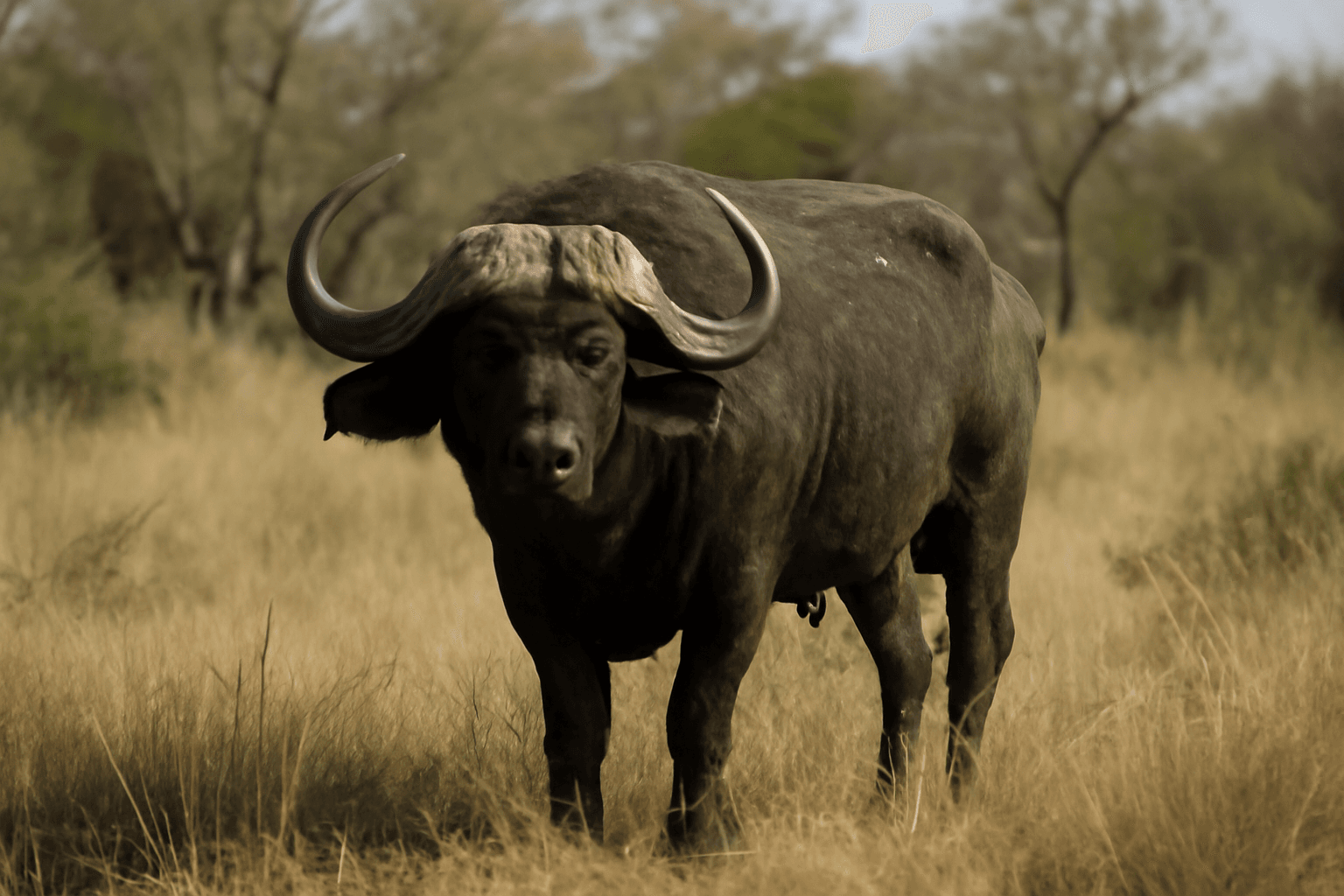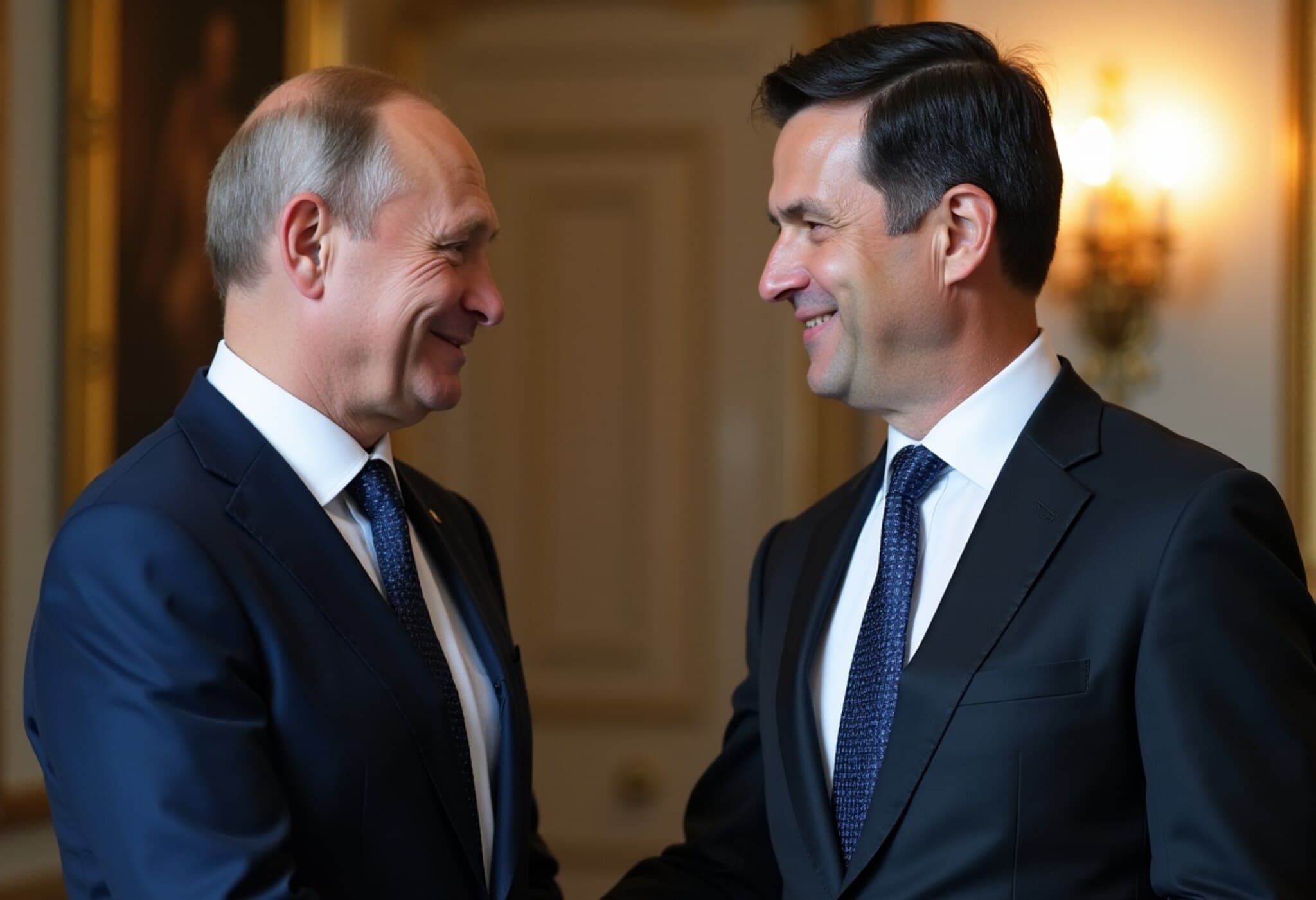Africa’s Millionaire Class Set for Remarkable Growth by 2035
Africa is on the cusp of a wealth revolution. According to the Africa Wealth Report 2025, the continent currently boasts 122,500 millionaires—a figure expected to increase by 65 percent in the next decade. This surge highlights a profound shift in African economic landscapes and reveals new dynamics in global wealth distribution.
South Africa: The Continent’s Wealth Powerhouse
As the richest nation in Africa, South Africa represents 34% of the continent’s millionaires—approximately 41,100 individuals. Interestingly, this number rivals the combined millionaire populations of the next five wealthiest African countries: Egypt, Morocco, Nigeria, Kenya, and South Africa itself. Together, these five countries account for 63% of the continent’s millionaires and a striking 88% of its billionaires.
Such concentration underscores the uneven distribution of wealth across African nations, but also points to vibrant economic hubs that continue to attract investment and foster prosperity despite challenges.
A Transforming Continent Amidst Dual Realities
Reflecting on Africa’s economic metamorphosis, the report contrasts today’s expanding wealth markets with the late 20th century, when Africa grappled with economic stagnation and scarcity of ultra-high-net-worth individuals. The continent’s growth story is embodied in robust GDP projections, with Sub-Saharan Africa expected to grow 3.7% in 2025 and 4.1% in 2026.
Yet, this economic promise coexists uneasily alongside persistent poverty, political instability, and governance issues in many regions. Justice Malala, a renowned political analyst, encapsulates this paradox: “Africa’s story remains one of dualities... economic resilience and institutional innovation exist alongside deep political fractures.”
Rising Investment Flows and Mobility Trends
Dominic Volek, Group Head of Private Clients at Henley & Partners, highlights a fascinating trend: wealth and investment are flowing both into and out of Africa. Wealthy Africans are increasingly seeking global diversification and greater mobility through investment migration programs, while international investors are recognizing Africa’s long-term potential as a destination for capital.
Key Country Highlights
- Mauritius — Africa’s sixth wealthiest nation — recorded a remarkable 63% growth in high-net-worth individual (HNWI) numbers. This is largely due to its political stability, tax-friendly policies, and investment residency programs.
- Rwanda and Morocco saw strong increases in millionaire populations of 48% and 40%, respectively.
- Conversely, Nigeria, despite its economic significance, experienced a 47% decline in millionaire numbers, alongside declines in Angola (36%) and Algeria (23%).
Why This Matters: Broader Implications for Africa and the World
The rising number of millionaires is more than just a statistic—it signals growing middle and upper classes with increased purchasing power, potential for entrepreneurship, and investment in technology and infrastructure. For global investors, Africa is transforming from a perceived high-risk frontier into a promising destination for sustainable wealth creation.
However, the persistent wealth concentration and political turbulence paint a complex picture. How African governments and institutions respond to these challenges will shape whether economic gains translate into broader social progress and inclusive development.
Editor’s Note
The Africa Wealth Report 2025 offers a compelling narrative of transformation, highlighting not only growth but also the persistent tensions that define the continent’s wealth story. As millionaires multiply and investment flows diversify, readers should consider what structural reforms are necessary to ensure that rising wealth fuels equitable economic opportunities rather than exacerbates disparities. The key question remains: can Africa effectively leverage this momentum to build not only richer individuals but also more resilient, inclusive economies?













